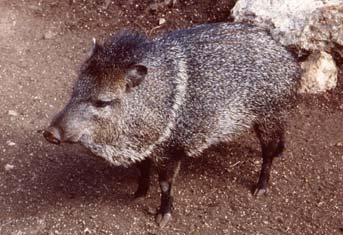For Shame

In a recent Slate.com article there's a wonderful word I'd never heard before, but first, the article itself.
I'd heard about the to-do regarding the work of photographer Jill Greenberg, who has become just a little notorious for taking big, arty photographs of crying toddlers; hideous, vulgar pictures of over-lit, pearlized children screaming or weeping. The problem isn't the subject matter, but what the photographer does to get her pictures: she deliberately makes the children cry by tormenting them, giving them a toy or candy and then snatching it away, repeatedly if necessary (you can read more about it here, if you care to).
Jim Lewis, the Slate writer, makes the following delicious observation: "An asshole who makes great art is an asshole who makes great art; but an asshole who makes lousy art is just an asshole." And then he says this:
But an insight can be sifted out of Greenberg's peccancy and Hawk's cant.
Isn't "peccancy" a great word? I immediately knew what it meant, for reasons I'll get to in a minute, but in case you don't, it simply means "sinful nature", from the Latin "peccare", "to sin". You will have seen a variation of it in the word "peccadillo", which originally meant "a little sin", but nowadays mostly means "a minor fault or misdeed".
But "peccancy" was clear to me because I had heard a Latin variation of the word before, "peccavi". The word literally means "I have sinned" in Latin, and it also exists as an English noun meaning "an admission of guilt"; it serves the same purpose as the phrase "mea culpa", which is also naturalized into English and often seen in the plural form: this Columbia Journalism Review article headline, "Mea Culpas All Over The Place", is typical of the usage. But I first heard the word "peccavi" as part of a story which I'll let this writer tell:
Not only is this word's meaning unique, and its sound very interesting, but it gave rise to the most witty multilingual pun of all time. In 1843, when Sir Charles Napier sent a preliminary dispatch of a single word: "peccavi". The reason: his military victory and conquest of the province of Sind (now in Pakistan). His message: "I have Sind".
In case you were wondering, no, the piggy little animal known as the peccary, as seen above, does not derive its name from its innate sinfulness: it's from a Carib Indian word, "pakira".

0 Comments:
Post a Comment
<< Home